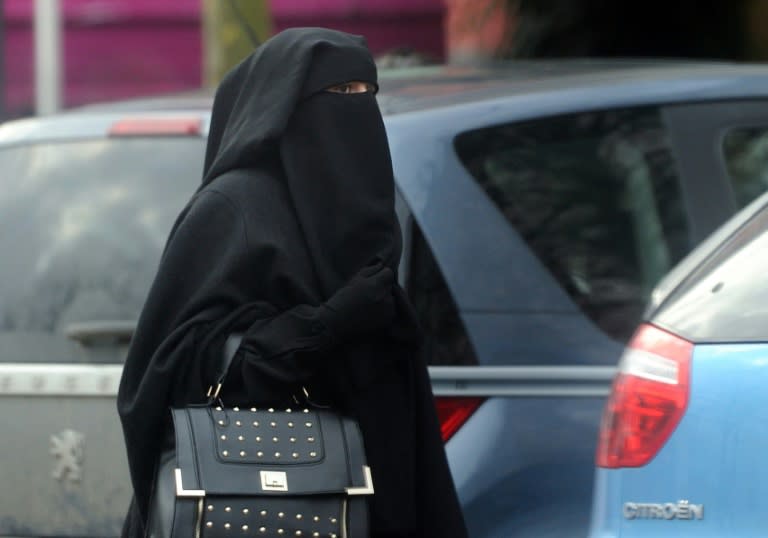EU's top lawyer backs work headscarf ban

The most senior lawyer at the EU's top court said Tuesday that companies may ban Muslim headscarves if they are enforcing a general prohibition on religious symbols in the workplace. The case concerns a woman, Samira Achbita, who was fired by Belgian security firm G4S Secure Solutions after she insisted on being allowed to go to work while wearing a headscarf for religious reasons. The opinion expressed by the advocate general to the European Court of Justice is only an initial view and not a binding ruling, but usually the court follows the senior lawyer's advice when eventually giving its judgment. "A ban on wearing headscarves in companies may be admissible," Juliane Kokott's ruling said. "If the ban is based on a general company rule which prohibits political, philosophical and religious symbols from being worn visibly in the workplace, such a ban may be justified if it enables the employer to pursue the legitimate policy of ensuring religious and ideological neutrality." Achbita had been working for three years for G4S in Belgium when she insisted on being allowed to wear a headscarf and was dismissed as the firm prohibits the wearing of any visible religious, political and philosophical symbols. She took legal action backed by a Belgian racial equality organisation but the case was dismissed by two lower courts. Belgium's court of cassation then referred the case to the EU's top court to seek clarification on discrimination laws. The wearing of headscarves or full-face veils has been a increasingly contentious debate in Europe between the forces of secularism and sections of the continent's Muslim minority. France brought in a ban on full-face veils in 2010, despite claims that the ban was discriminatory and violates freedom of expression and religion.

 Yahoo Finance
Yahoo Finance 